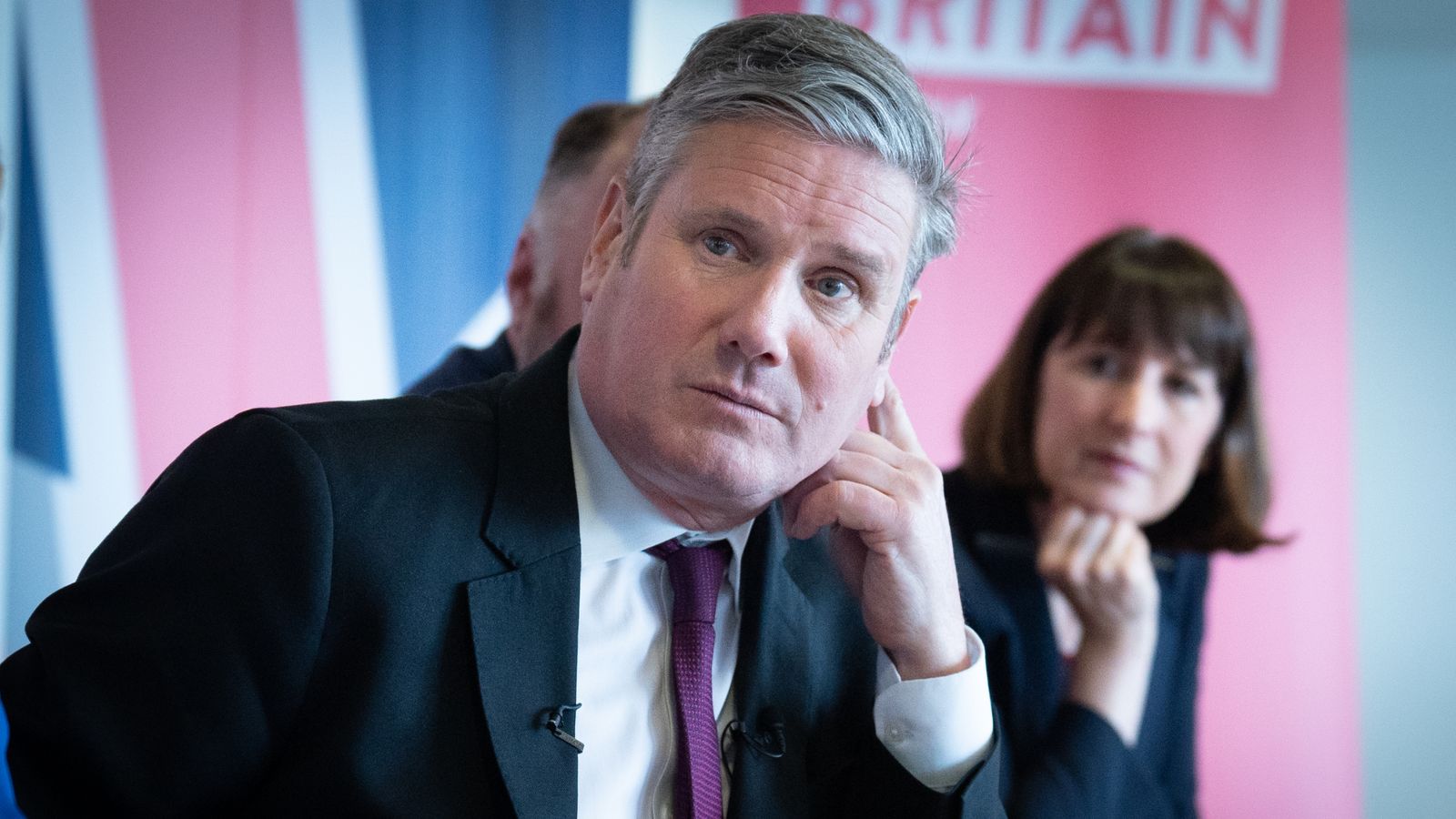There was a time, during the party leadership election to be precise, when Sir Keir Starmer would pointedly swerve questions about whether he was politically closer to Blair or Corbyn.
Listening to the Labour leader’s speech today, one needn’t even make the enquiry.
Sir Keir’s address to the Progressive Britain group – originally founded to support the New Labour cause – was peppered with mentions of Blair’s time in office.
The Labour leader said the challenge ahead required “Clause Four on steroids” – a reference to the 1995 ditching of an explicit reference to common ownership in the party’s rulebook and a signpost for the policy overhaul to come.
Sir Keir also talked of how New Labour succeeded by modernising the party and then the country – before adding “that is our approach today”.
Planting his tanks firmly on Tory lawns, the Labour leader even seemed to suggest his party now had a more valid conservative approach – offering stability and a steady hand to protect national institutions.
So are these big claims backed up by the facts?
Keir Starmer defends Sue Gray as ‘woman of incredible integrity’
Beth Rigby Interviews… Keir Starmer and Russian journalist turned dissident Marina Ovsyannikova
Labour’s new council leaders pledge to take cost of living action within 100 days
It is true that the last three years have seen Sir Keir Starmer ruthlessly and comprehensively reshape the structure and make-up of his party.
Hard left contingents have been expunged or marginalised and antisemitism has been largely driven out.
Read more:
Train strike action ‘solid’ and will continue, union says
Priti Patel to accuse Sunak of presiding over ‘managed decline’ of Conservative Party
There’s no more visual indication of this change than the barring of Jeremy Corbyn from standing as a Labour MP at the next election.
Vetting of incoming candidates has also been scrupulous with many seemingly cast in their leader’s image.
While this transition has been carried out with brutal effectiveness, it still creates risks.
For a start, more left-wing Labour members may wonder what happened to Sir Keir’s commitments during the leadership contest to policies like nationalisation, the abolition of tuition fees and the axing of universal credit.
The justification for this by Starmer supporters is essentially that upsetting a few Corbynites is a price worth paying for power.
But this about-turn does reveal a vulnerability the Tories are already zeroing in on by advancing the accusation that Sir Keir Starmer is a man who will say anything to get into power.
That may prove an effective attack line in itself – but it also hints at the deeper and more crucial query many will make when hearing today’s big Blair-like rhetoric.
Namely – whether the practical offer from Sir Keir Starmer will live up to his sweeping vision and, bluntly, if he really has the political and electoral mettle of his New Labour predecessor.












